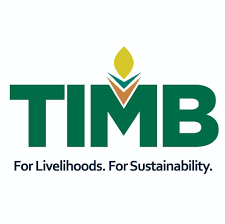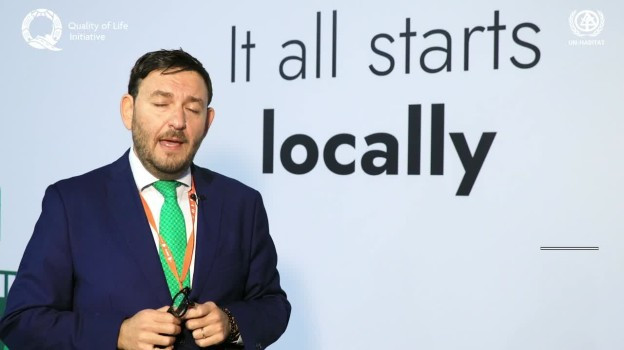
TOBACCO farmers in Zimbabwe are struggling to stay afloat due to unfavourable foreign currency retention rates and other mounting production challenges, according to the Tobacco Industry and Marketing Board (TIMB).
Reserve Bank of Zimbabwe governor John Mushayavanhu last week reduced the export retention threshold from 75% to 70%.
Tobacco is one of the country’s largest foreign currency earners, generating over US$1 billion in export proceeds annually.
“Tobacco growers in Zimbabwe face numerous challenges, which include but are not limited to climate change, erratic rainfall, reduced viability because of the foreign currency retention rates, weather hazards such as hail, and access to funding from financiers due to a lack of bankable collateral by small scale farmers,” Chelesani Tsarwe, public affairs officer at TIMB, told businessdigest.
“TIMB, the ministry responsible for agriculture, contractors, and all industry players, are implementing several initiatives to mitigate these challenges.”
She said the foreign currency retention rates had reduced the profitability of tobacco farming, making it increasingly difficult for growers to access essential resources and financing.
“Small scale farmers are particularly struggling to secure funding due to a lack of bankable collateral, leaving them vulnerable and unable to invest in their operations,” Tsarwe said.
This comes as the local Tobacco Value Chain Plan seeks to increase tobacco production to 300 million kilogrammes by 2025, transforming the value chain into a US$5 billion industry through exports of tobacco value-added products.
- Govt opens ChiTown e-passport centre
- Border Timbers targets European markets
- NGO brings cheer to diarrhoea-hit Byo suburbs
- Garakara walks through his music journey
Keep Reading
Tsarwe noted that another critical issue facing tobacco growers was the challenge of receiving timely payments for their sales.
“According to regulations outlined in Statutory Instrument 77 of 2022, all tobacco growers are entitled to receive their payments within two days of completing their sales,” she said.
“This framework is intended to ensure that farmers are compensated promptly for their hard work and investment. However, growers who experience delays are encouraged to report their concerns to TIMB for assistance, reinforcing the importance of accountability and transparency in the payment process.”
She said despite efforts to regulate the industry, tobacco side-marketing remained a challenge.
“Some growers sell their tobacco to middlemen, others sell contract tobacco to the auction using other growers' numbers,” Tsarwe said.
“This practice undermines structured markets while negatively affecting debt and revenue collection and exposing growers to lower value and exploitation.”
To counter side-marketing, Timb has introduced regulations and deployed inspectors across all tobacco-growing regions.











